(Opinion) — Paul Pressler, who died this month at the age of 94, served for decades as a state judge in Texas, but among Southern Baptists he will be remembered for two other things.
First, in tandem with Paige Patterson, he was the architect of the Southern Baptist Convention’s so-called Conservative Resurgence, a movement that remade America’s largest Protestant denomination.
Second, he had been accused of sexually abusing boys and young men. We live in an age when these sorts of sordid and horrific revelations should not surprise us, yet they always do more than that — they shock.
Yet Pressler is hardly unique in the annals of conservative Christianity. The person most analogous to him is John Howard Yoder, an Anabaptist theologian whose work influenced not only 20th-century Anabaptist and Catholic thought but appealed to many Baptists as well. Along with Stanley Hauerwas and the Baptist theologian James McClendon Jr., Yoder shaped a whole wing of communitarian Baptist theology outlined in the Baptist Manifesto of 1997.
And Yoder was a serial sexual harasser of women, some of them his own graduate students at Notre Dame University. Just as conservative Southern Baptists will for decades puzzle, and perhaps agonize, over what to do with their movement’s hero, Baptist and Anabaptist theologians struggle with the legacy of Yoder, attempting to salvage his theology while repudiating him.
Your tax-deductible gift helps our journalists report the truth and hold Christian leaders and organizations accountable. Give a gift of $50 or more to The Roys Report this month, and you will receive a copy of “Ghosted: An American Story” by Nancy French. To donate, click here.
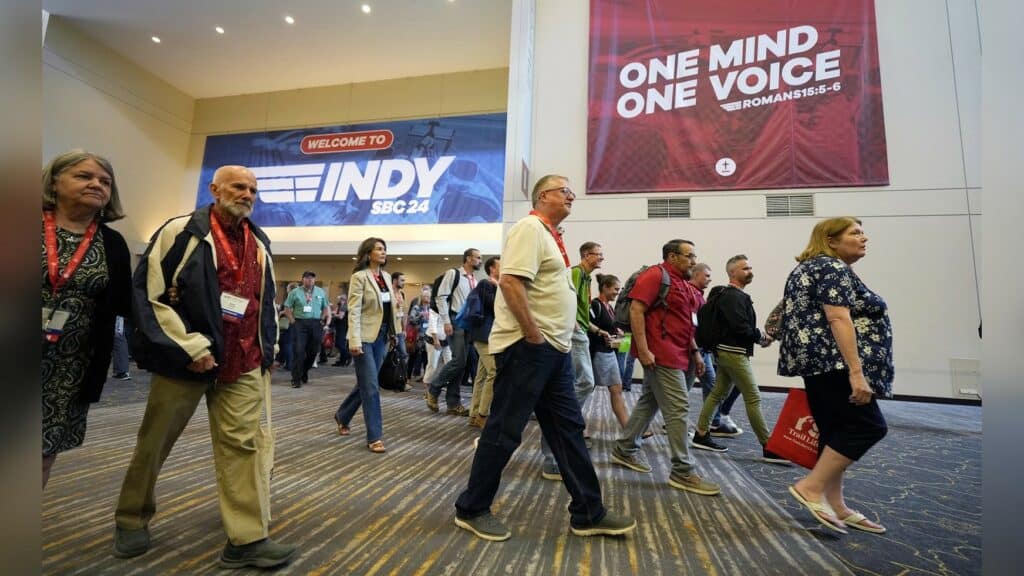
Pressler may be more easily forgotten because his legacy was and is in denominational politics, not theology. What he accomplished is over and done, and no one will ever debate his theology in a graduate school seminar. Yoder is unavoidable when studying Protestant thought in the postmodern era.
But what cannot be forgotten, for many Baptists, is what the SBC may have looked like today had Pressler not launched the Resurgence. In the 1970s and ’80s, SBC conservatives all believed that the denomination was careening down a slippery slope to theological liberalism, and today they believe the Resurgence saved it.
But this view ignores some very important facts. The theological liberals whom Pressler purportedly vanquished did not dominate the convention, nor were they a movement. They didn’t even dominate the seminaries where their views were tolerated, as were moderate evangelical Christian views. Rather, at the time of the Resurgence denominational leaders adhered to what Baptist historian Bill Leonard called the “Grand Compromise,” an effort to keep theological disputes at bay for the sake of unity around missions and evangelism.
But the Grand Compromise was precisely what conservatives set out to destroy in order to fashion a denomination unified around theology. And they succeeded — sort of. It’s often said that Baptists don’t have creeds, but the conservatives agreed on four main points: that Scripture is inerrant; that women should not be pastors; that only traditional, heterosexual marriage is biblical; and that abortion is murder.
The conservatives could never agree on the validity of Calvinism, but they learned to live with that theological division because it is not necessary to be for or against Calvinist theology to engage in the culture wars.
The culture wars were a gift to the Conservative Resurgence. Of the four essentials listed above, all but inerrancy translate nicely into conservative politics. (You just have to tweak the women pastors issue to make it part of secular feminism.) It was no accident that James Davison Hunter’s 1992 book “Culture Wars” appeared the same year that conservative pundit and political activist Pat Buchanan declared that America was in a culture war, nay, a “religious war,” as he called it at the Republican National Convention.
A few short years later, Al Mohler, the president of the Southern Baptist Theological Seminary, instituted the four essentials at the seminary, by which time Pressler and Patterson had prepared the SBC for the culture war moment, which raised the profile and the power of the SBC. By the early 2000s, when George W. Bush was president, SBC political activist Richard Land put it well when he remarked that the George H.W. Bush administration would return his calls, the Clinton administration would not take his calls, while the George W. administration called him.
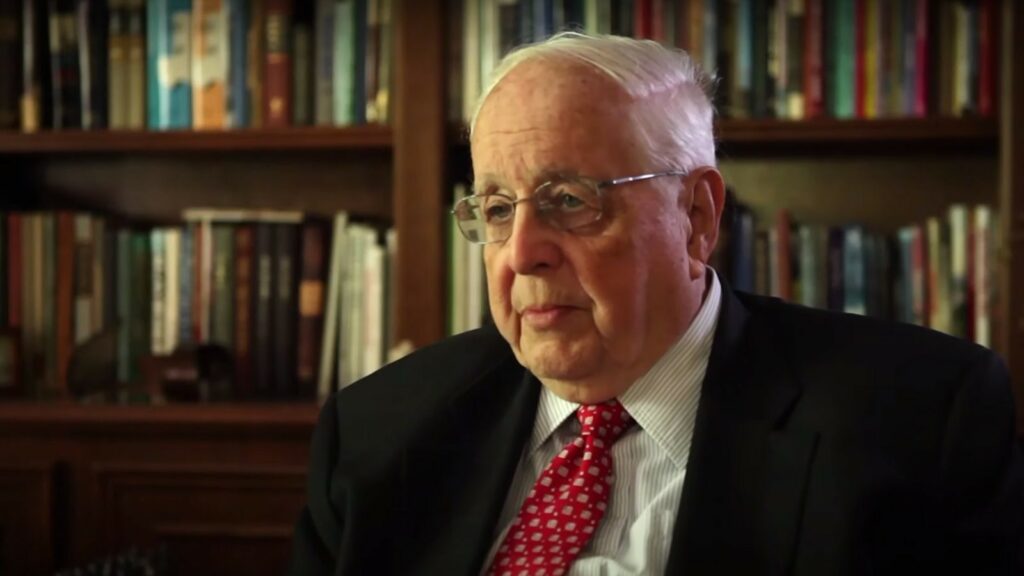
None of that happens without the Conservative Resurgence, and the Resurgence doesn’t happen without Pressler.
So what might the SBC have looked like over the past 45 years had Pressler not launched the Resurgence?
This is, of course, a what-if question, which are often more fun than helpful. But they can be a way of reflecting as well. So here goes.
First, without Pressler the SBC today is a theologically pluralistic denomination with a minority of theological liberals, a vast middle majority of evangelicals who want to focus on evangelism and missions and a minority of fundamentalists on the right who want to win souls but also fight culture wars.
Jimmy Carter, Billy Graham and W.A. Criswell would be members, just as they were before the Resurgence. There would be social gospel Southern Baptists focused on biblical justice, moderate evangelicals trying to win souls and shape the culture with the love of Christ, and fundamentalists militantly defending what they see as orthodox theology and politics.
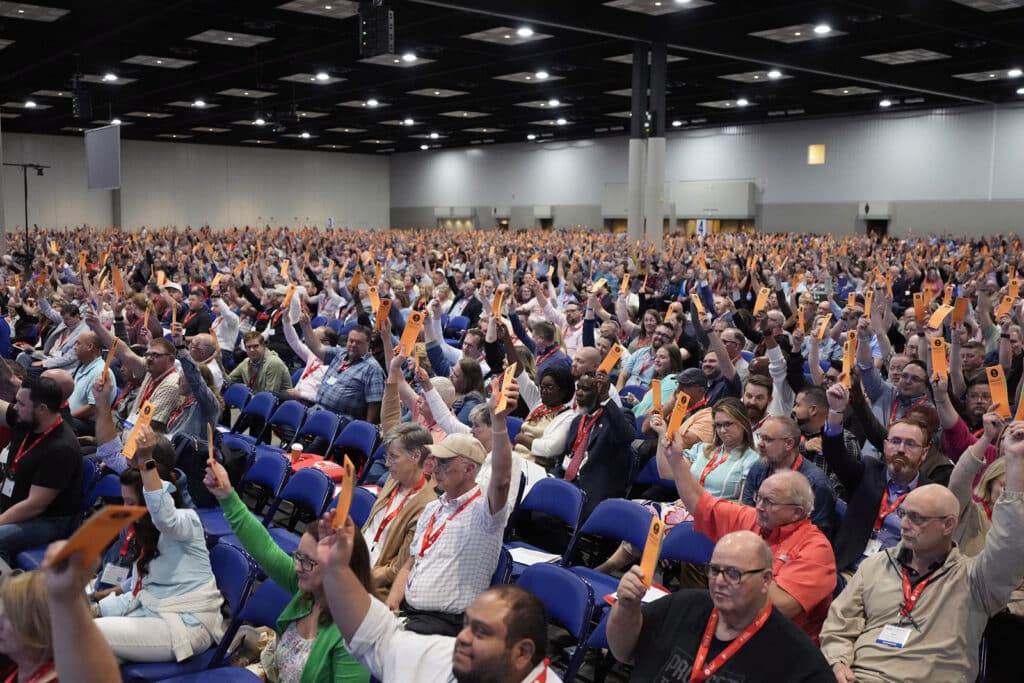
Because of this theological pluralism, today’s SBC would be far less politically unified. The left-wing minority would all be Democrats, while the moderates and fundamentalists would all be Republicans of varying stripes, at least until Donald Trump came along and it became necessary to support him in order to remain a Republican. Still, even in this era of Trump, Southern Baptists who all vote for him probably have a variety of views as to whether he is saving or scandalizing the country. It’s enough that he hates liberals; it’s all you need to know.
Like James Madison’s vision for the country, in a politically pluralistic SBC no one group could dominate, which would mean the SBC would not have a unified voice politically, which in turn would mean the denomination would of necessity be less politically influential.
There would still be those like Pressler, who was equal parts Sunday school teacher and inside operative in the Republican Party. But the intellectual culture warrior Mohler would not be the face of the denomination. Without the Resurgence, it’s possible Mohler himself would have become a serious theologian along the lines of Hauerwas or McClendon, and not primarily a culture warrior. (In the 1990s, I thought he would be the next E.Y. Mullins, not an H.L. Mencken of the right.)
In other words, the denomination would not be viewed as primarily a culture war institution and only secondarily a religious body. This might be a good thing for America, and even better for Southern Baptists.
An SBC that had never experienced Pressler would not today be in the midst of its own culture war. The SBC today is torn between those who want to keep fighting culture wars and those who don’t. The latter want to get back to emphasizing missions and evangelism, and to something akin to Leonard’s Grand Compromise, refashioned for the 21st century. Ironically, given the SBC’s profile as firmly in the Trumpian culture war camp, those who want to tone down the rhetoric keep winning the presidency.
Finally, and most importantly, had Pressler never been in the SBC, there would not be today a group of middle-aged men still struggling with the effects of having been sexually abused by him.
Like other predators, Pressler used his position of religious influence to prey on his victims. We will learn much more about this in the near future as historians begin to scour archival documents, including FBI files stemming from a failed federal background check in 1989, when the George H.W. Bush administration tried to appoint Pressler director of the Office of Government Ethics.
Every historian who grapples with the era of the Conservative Resurgence and its aftermath will have to decide what to do with Pressler, just as others have to decide what to do with Yoder, or the abusive parish priest who gave them the body and blood of Christ, or the abusive Southern Baptist youth leader who led them to Jesus.
As theologian Reinhold Niebuhr allegedly once said, “Original sin is the one doctrine that can be empirically proven.” Perhaps he should have used the Calvinist term, “total depravity.”
The views expressed in this commentary, which was originally published by Religion News Service, do not necessarily reflect those of The Roys Report.
Barry Hankins is a professor of history at Baylor University and editor of the Journal of Church and State.





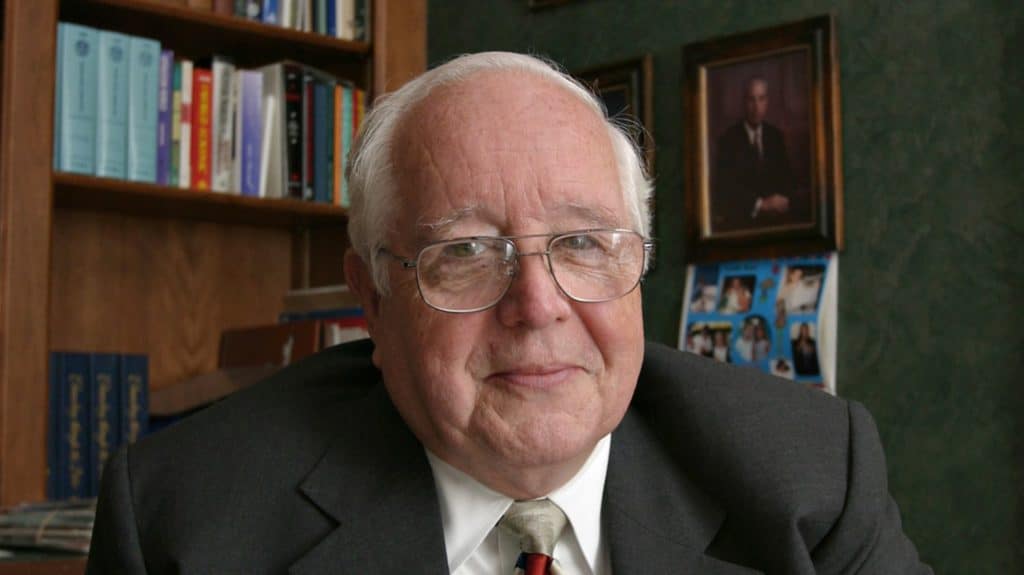
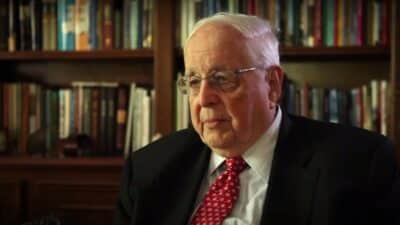






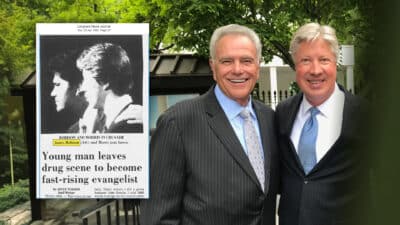
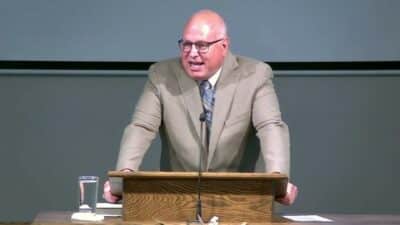






6 Responses
in my SBC childhood, I was taught by loyal warriors of the Conservative Resurgence that one of the reasons the NIV version should not be used was because “homosexuals” had been involved in the translation and this taint made it unholy and erroneous. I wonder what those same culture warriors would say now about their own predator-led movement?
The SBC I know will never ask the question, preferring to pretend it never happened. And their congregants will continue (rightfully) to flee from their arrogance.
Helpful analysis. But, if there was not a PP the political and theological tide probably would have still happened. PP gave a do-able strategy for a counter offensive to the moderate-liberal leadership of the SBC. Large influential pastors like Adrian Rogers, Charles Stanley, Jimmy Draper, etc would have not stood idle. The annual Pastor’s Conferences were the forum that was developing the movement and its leaders. History always reminds us that it’s easier to be a revolutionary than to actually govern. Hindsight is always 20/20.
Matthew 7:18 ” A good tree cannot bear bad fruit, and a bad tree cannot bear good fruit.”
With it’s start as justification to continue enslaving people, the SBC has literally *never* been a good tree. The fruit is continual and obvious. Whether it’s enslaving humans, fighting culture wars against God’s beloved children, or covering for abusers- the fruit is not just bad, it’s evil. No amount of supposed good it has done erases or covers over the incredible harm it’s committed. We understand that when it comes to our own salvation, why are we so blind to it with institutions?
I was saved in a SBC church so I will always be indebted to them. The SBC to me is drifted of course again as far as caring for people. It’s more about keeping women from being pastors than protecting women and children from church predators. We cozy up with the Republicans for so called political power and influence and we are more divided than ever.
I sense an arrogance in many of our leaders which isn’t good and so tens of thousands are leaving. We need a course correction again IMHO.
“We will learn much more about this in the near future as historians begin to scour archival documents, including FBI files stemming from a failed federal background check in 1989, when the George H.W. Bush administration tried to appoint Pressler director of the Office of Government Ethics.”
This was a serious red flag. There is no way that a state court judge, not to mention a Protestant denominational leader, should fail a FBI background check for a political appointment.
Pressler, Paige Patterson & Company were only interested in promoting Biblical Inerrancy because it was the key to creating a system whereby they could accumulate enormous personal and social power (with all the attending perks) and not be challenged. The crony-network they set up protected them for decades, allowing them to basically do what they wanted without fear of getting caught. That good ol’ boy network has taken some hits recently, but don’t think it’s dead yet. People with unmerited/undeserved power never give it up without a fight: don’t expect them to suddenly embrace Jesus-meek-and-mild after being such utter self-serving hypocrites for so long.
Evangelical Christianity today reminds me so much of CS Lewis’s book ‘That Hideous Strength’.